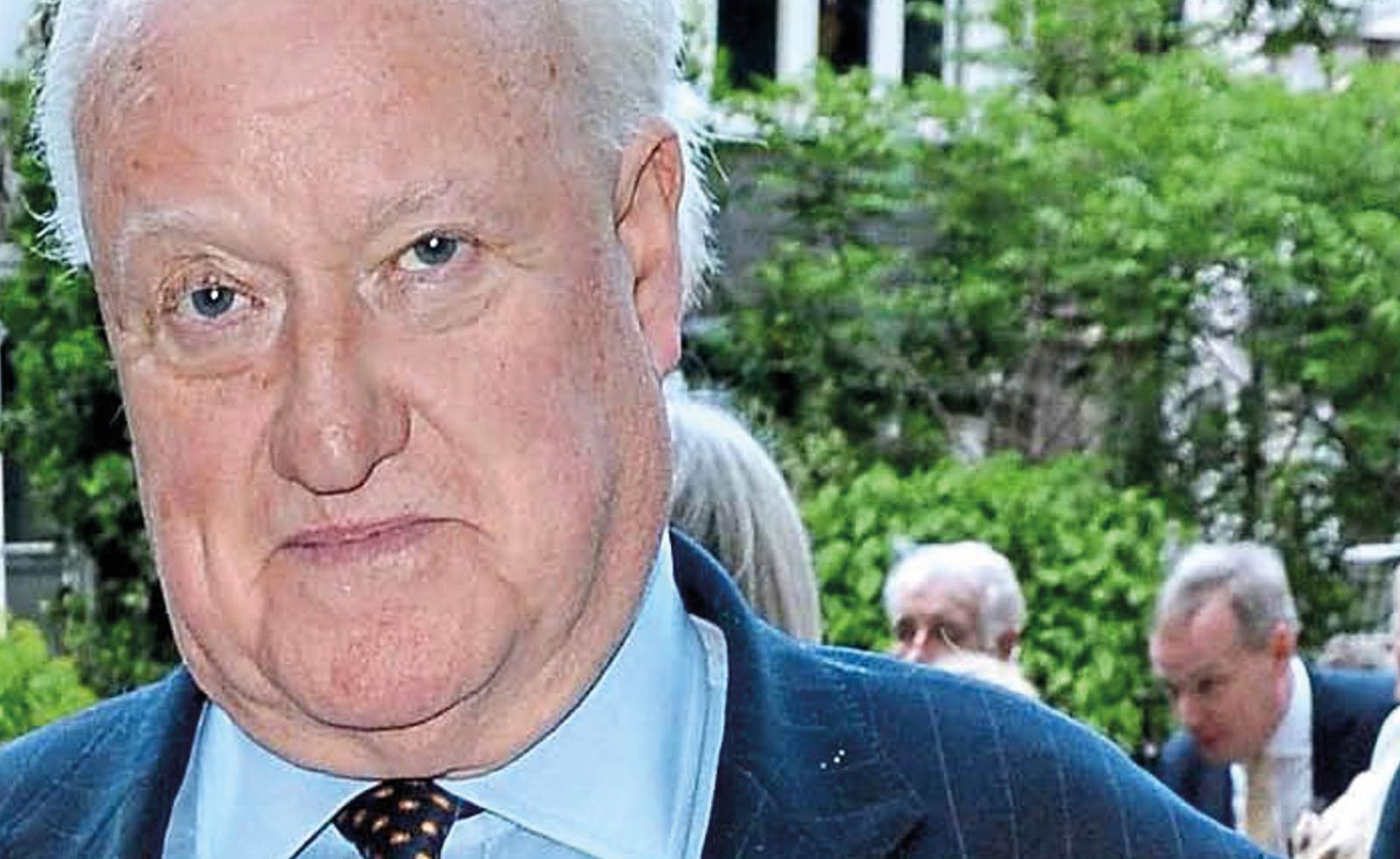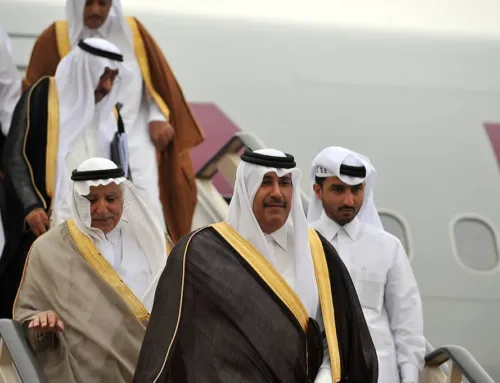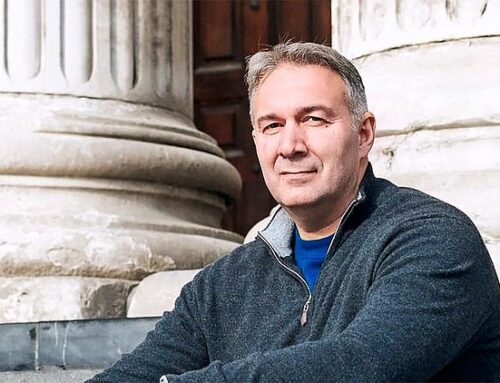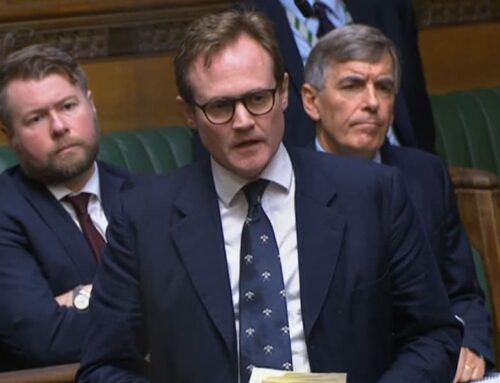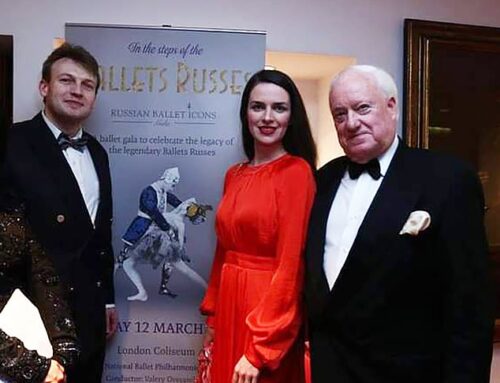PUBLISHED: 23:40, 11 September 2021 | UPDATED: 20:45, 12 September 2021
- Michael Wynne-Parker sent email to a mysterious fixer on November 15, 2019
- The 14 bullet point email details how clients would meet Prince Charles for a fee
- Trip for two would cost £100,000 – earning him a 5% commission and fixer 20%
- Wynne-Parker is well-connected and counts Prince Michael of Kent as a ‘friend’
Michael Wynne-Parker could barely conceal his excitement. In an email sent just before 4pm on Friday, November 15, 2019, to a mysterious fixer, he wrote: ‘I feel we will have great success in our joint collaboration.’
His contentment may, in part, have been inspired by the fourth of the 14 bullet points detailing how clients of its recipient would meet Prince Charles.
The trip for two, comprising a tour, dinner, entertainment and an overnight stay at Dumfries House in Ayrshire, would cost £100,000 – with Mr Wynne-Parker taking a 5 per cent commission and the fixer 20 per cent.
Today, that excitement has likely turned to dismay. After the email was unearthed by The Mail on Sunday and its details shared with Clarence House, Prince Charles’s Foundation has now severed connections with the flamboyant Mr Wynne-Parker and ordered an inquiry into the ‘cash for access’ affair.
Whether the controversy causes any lasting damage to Charles’s reputation remains to be seen. Yet the extraordinary memo reveals for the first time the calculated way in which fixers tried to sell access to the Prince of Wales.
The email includes 14 bullet points setting out precisely what a donor can expect in exchange for paying £100,000 for two people to visit Dumfries House, the mansion that Charles secured for the nation in 2007 with a £20 million loan from his charity foundation.
After being driven to the Palladian house in a Royal car, they ‘can have a tour of house or gardens’. Clients, as the email describes them, assemble for drinks at 7pm and then meet Charles.
‘HRH appears and greets each guest individually with conversation and photographer,’ it adds.
A black-tie dinner and entertainment such as a piano recital follow before the guests retire for the night.
The email provides hope of a longer-lasting relationship with the Prince. Under the heading ‘Follow up’, it states: ‘Depending in [sic] the amount of synergy between each client and HRH, clients are placed on appropriate guest lists depending on their cultural interests.’
The email was sent by society fixer Michael Wynne-Parker on November 15, 2019, and sets out that 5 per cent of the fee will go to him.

The go-between: Michael Wynne-Parker (pictured) sent a 14 bullet point email to a mysterious fixer on November 15, 2019, detailing how clients would meet Prince Charles for a fee
Mr Wynne-Parker’s society connections are impeccable. He counts Prince Michael of Kent as a friend and has reportedly helped arrange trips for him in the past.
He is disarmingly open, too, about the benefits of the Royal introduction service he offers.
The website for his firm, Introcom International, boasts: ‘In a world of instant communication “who you know” is usually more important than “what you know”. The Introcom formula is simple. A carefully vetted client is introduced to the appropriate personality in the country of his choice. Thus his credibility is greatly enhanced.’
Indeed, when contacted by The Mail on Sunday this weekend, Mr Wynne-Parker said it was ‘unrealistic’ to think that Prince Charles should not extend hospitality to generous donors to his charities, adding: ‘Both parties want to be involved with the other.’
Yet his own credibility has been repeatedly undermined by a dubious past which involves being banned from serving as a director. As far back as 1990, he was found guilty of 16 counts of misconduct, fined £10,000 and banned from giving financial advice.
By 1998, Judge Mellor, sitting at Norwich County Court, concluded that Mr Wynne-Parker had deliberately arranged an ‘unsuitable policy’ for a client so he could earn more commission.
‘One has, on the evidence before me, the clear modus operandi of a crook, who seems lucky to have merely been suspended rather than prosecuted,’ the judge said.
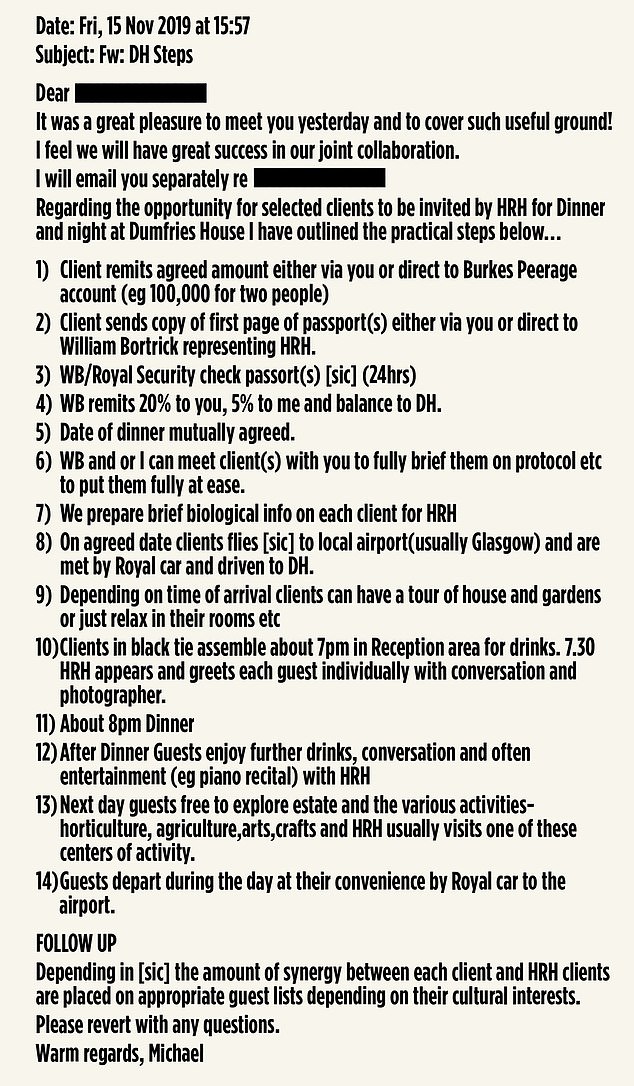
The trip for two, comprising a tour, dinner, entertainment and an overnight stay at Dumfries House in Ayrshire, would cost £100,000 – with Mr Wynne-Parker taking a 5% commission and the fixer 20%. Pictured: The email he sent – complete with spelling mistakes

Whether the controversy causes any lasting damage to Prince Charles’s reputation remains to be seen. Yet the extraordinary memo reveals for the first time the calculated way in which access to the Prince of Wales is being sold to rich donors
Despite that, Mr Wynne-Parker was a key figure, planning visits by donors to Dumfries House.
The arrangements were set out in detail in his November 15 email. After the payment of £100,000 to the account of Burke’s Peerage, the guide to aristocracy, and security checks, a date for the dinner would be mutually agreed, the email says.
Mr Wynne-Parker or William Bortrick, the editor of Burke’s Peerage, would, he added, be available to the client ‘to fully brief them on protocol etc to put them fully at ease’.
The donor would be met at an airport by ‘Royal car’ and driven to Dumfries House, the email explains. Clients could avail themselves of a tour of the house or gardens before meeting for drinks at about 7pm.
Half an hour later, it adds, ‘HRH appears and greets each guest individually with conversation and photographer’.
Dinner, added Mr Wynne-Parker, would be at 8pm followed by ‘further drinks, conversations and often entertainment (eg piano recital) with HRH’.
Appearing to raise the potential of a longer-term relationship with the Prince, the final paragraph of Mr Wynne-Parker’s email says: ‘Depending in [sic] the amount of synergy between each client and HRH, clients are placed on appropriate guest lists depending on their cultural interests.’
Silver-haired, debonair and boasting of top-level contacts in 20 countries, Mr Wynne-Parker loves to call himself The Man With The Golden Address Book.
He is chairman of the UK branch of the Imperial Orthodox Palestine Society (IOPS), a group that Russia’s Foreign Minister Sergei Lavrov once said would further ‘the fundamental interests of the Russian state’.
Photographs show Mr Wynne-Parker and Mr Bortrick sitting together at the IOPS in Moscow in May 2018. Both also attended a dinner held the following year to launch the British branch of the society in Mayfair, when aristocratic guests included Frederick Hervey, the 8th Marquess of Bristol, and Count Nikolai Tolstoy.
One Russian expert has described IOPS as a ‘Russian influence operation reaching the highest levels of British society’ but Mr Wynne-Parker has dismissed this suggestion, saying ‘the idea we are a den of Russian collaborators is crazy’.
The ‘cash for access’ revelations will make uncomfortable reading for Charles, particularly as they are linked to Dumfries House, a project that he holds dear. He bought the property in Ayrshire 14 years ago and has since overseen the painstaking renovation of the building and 2,000-acre estate to create a new cultural project. The scheme is estimated to have already cost £45 million.
Open to visitors, the centre offers a range of courses, many in traditional skills, with an emphasis on sustainability, and has been credited with reviving the local economy.
Originally built as a retirement home for the 5th Earl of Dumfries in the 1750s, its last known occupant was the dowager Marchioness of Bute in 1993.
It was put up for sale in 2007 by her relative Johnny Dumfries, a former Formula 1 racing driver, and Charles led a consortium to save it for the nation.

